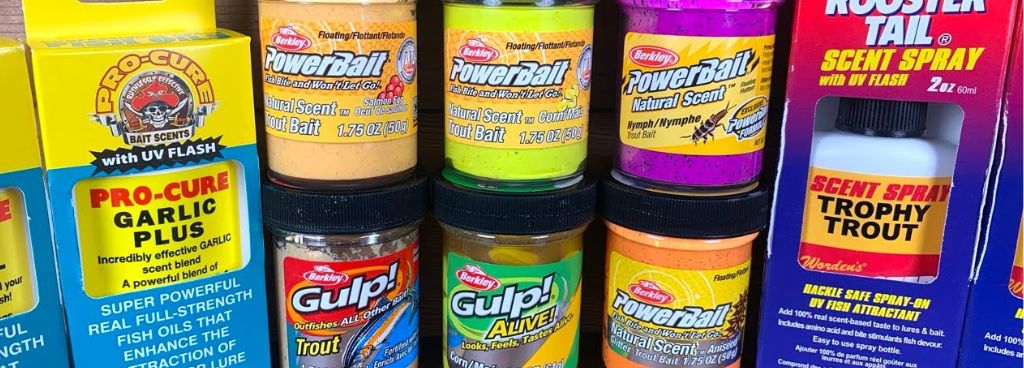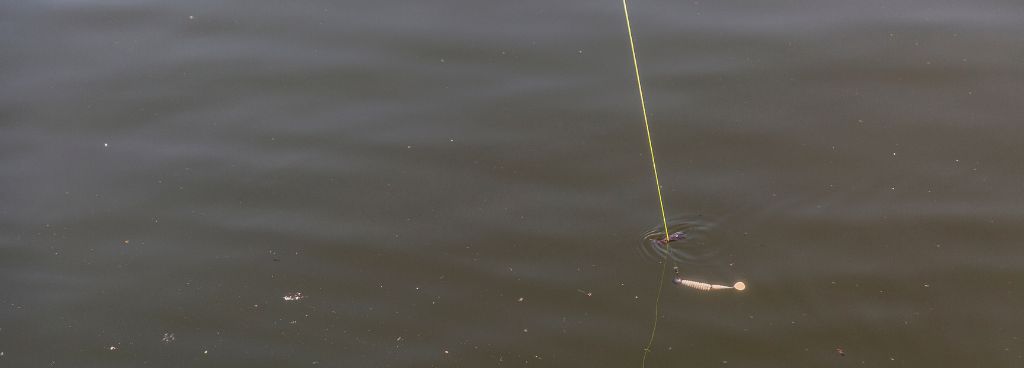Stories Worth Reeling In...
Last Updated on September 26, 2023
Are fishing scents and attractants truly effective in luring fish to your line? This age-old question has sparked a spirited debate among anglers and fishing enthusiasts alike.
Fish possess a highly developed sense of smell, and scents can play a significant role in triggering their natural feeding instincts. By harnessing the power of scents, anglers can potentially enhance their ability to attract and entice fish. Let’s dive into the fascinating world of fishing scents and uncover their true potential.
Table of Contents
Fishing scents are based on the scientific understanding of fish’s olfactory senses and their response to chemical signals. Fish have a highly developed sense of smell, allowing them to detect and locate food sources in the water. Olfactory receptors in their nostrils and taste buds on their skin enable them to detect and differentiate various scents.
Scents used in fishing can mimic the natural odors of prey, such as baitfish or crustaceans, that fish actively seek as food. These scents can trigger feeding responses in fish, enticing them to investigate and potentially strike at the bait. By using scents that imitate the scent of natural prey, anglers can increase their chances of a successful catch.
Numerous studies and research have been conducted to explore the effectiveness of fishing scents in attracting fish. These studies have demonstrated that scents can significantly enhance the success rates of anglers. Research has shown that certain scents can elicit stronger feeding responses from fish, leading to increased bites and hookups. The ability of fish to detect and respond to scents has been well-documented in scientific literature, providing further support for the effectiveness of fishing scents.

When it comes to fishing scents and attractants, there are several types available in the market. Let’s explore three main categories: natural scents, synthetic scents, and fish oils.
Natural Scents: These scents are derived from real baitfish, insects, or other natural substances found in the fish’s environment. Examples include extracts from shrimp, crayfish, worms, or various forage fish. Natural scents aim to replicate the odor profile of actual prey, enticing fish with familiar smells.
Synthetic Scents: Synthetic scents are artificially created to mimic the scent of natural prey. They often come in a wide range of flavors and scents, including popular options like garlic, anise, or various fruit flavors. These scents are designed to trigger a feeding response in fish, even if the fish species may not typically encounter the specific scent in their natural habitat.
Fish Oils: Fish oils are concentrated extracts derived from fish themselves. These oils contain the natural oils found in baitfish and can be highly effective attractants. They can be applied directly to lures or bait, or used as a coating to disperse scent underwater. Fish oils are known for their strong and long-lasting scent, making them a popular choice among anglers.
Scent aids and works with non-aggressive fish. Every little bit helps when working a tube, jig, or worm slowly to fish that aren’t biting in a frenzy. Bass will frequently keep a soft plastic fishing lure with fishing fragrance or attractant on it for a split second longer, giving you a little more time to set the hook.
Aggressive fish could care less and have little time to detect the aroma of your fishing lure. The scent is unimportant while fishing with a spinnerbait, crankbait, or twitching a fluke.
Sensory organs in fish allow them to process chemical traces in the water. The crucial point here is that the chemicals must be dissolved in water, therefore oil-based fishing smells and attractants are unlikely to be detected by a fish’s nose.
Let’s address some common myths and misconceptions surrounding fishing scents and uncover the truth behind them.

As anglers, it’s important to experiment with fishing scents and discover their effectiveness based on your unique fishing conditions and preferences. Every fishing environment and species may respond differently to various scents, so don’t hesitate to try different options and observe the results firsthand.
Remember, fishing scents are not a guaranteed solution, but they can be a powerful addition to your fishing tactics. Stay open-minded, explore different scents, and adapt your approach to maximize their potential. Happy fishing!